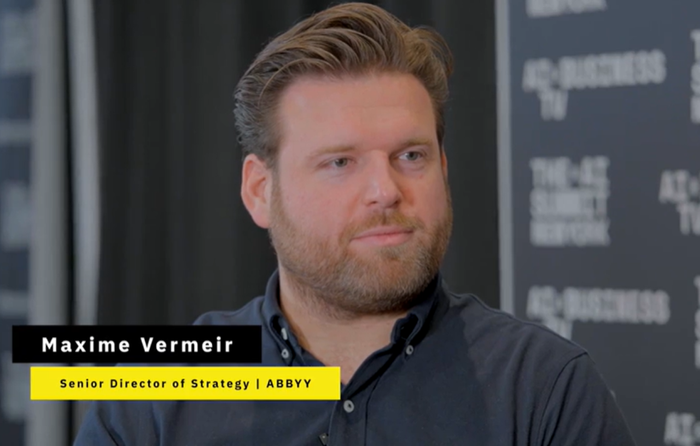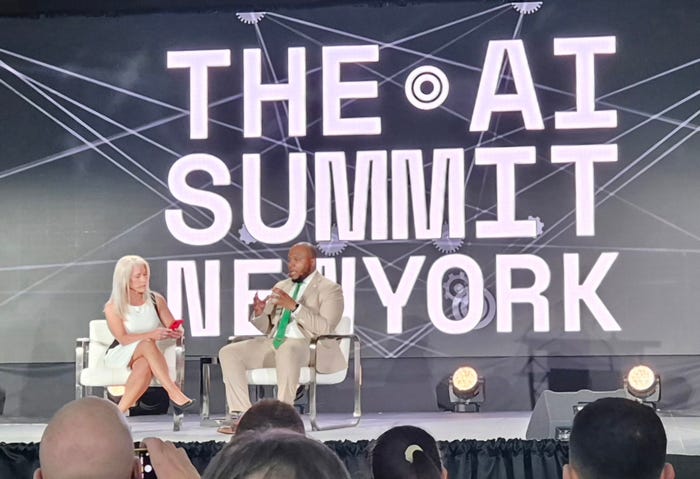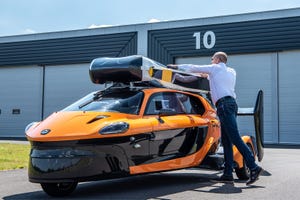How to Deal with IoT? Play or Be Played.
An IBM exec exhorts companies to claim the edge where value is created or risk getting their lunch eaten by competitors, both familiar and unexpected.
October 20, 2016

Rob Risany, Global Innovation Executive, IBM, can’t think of many industries that aren’t facing massive disruption around the Internet of Things (IoT).
Speaking at IoT Innovation Day, an event sponsored by PrismTech, ADLINK, IBM, and Intel, Risany emphasized the diabolical challenge companies are wrestling in the era of IoT: Many of the disrupters are going to come from unexpected places and directions.
“Historically you knew who your competitors were, and you defended your business by creating products and channels to capture as much value as possible,” said Risany. “Suddenly in the world of disruptive IoT, your customers are your suppliers, and your suppliers are your competitors, and your competitors are your customers or someone you never even heard of. The challenge is to figure out which is which.”
To remain viable in this era, Risany said that companies today need to understand how value is created at the edge and leverage a foundational platform to connect to it and get insight from the data.
He pointed to the simple example of the taxi business. Historically, the value was simply getting a rider from Point A to Point B. Uber changed all that and created a new value proposition by leveraging the capabilities of the phone to collect, transmit and share data ranging from location tracking to cost of the ride.
“Uber is a great example of how analytics gives you the context of how that edge behaves and how it fits into the context of the things it interacts with, giving you new points of control and new disruptive capabilities,” said Risany. “In essence, data about your product can become more valuable than your product itself.“
But it ain't easy.
“Companies know what they do and they know in the disruption created by the IoT they have to redefine what they do, but they know they just can’t step completely away from their core competency,” said Risany.
So who exactly is finding success with the IoT? It’s ironic, but many government organizations, considered to be veritable rats’ nests of bureaucracy, have emerged as early adopters. Many city officials, for example, have successfully opened their data streams to communities of developers who are creating apps to help them run their cities more efficiently.
Risany says some of the most innovative companies have expert business and product knowledge, but have the added ability to look outside their world, transcend their industry if you will, to find inspiration. He pointed to examples where B2B businesses find inspiration in B2C models and vice versa.
He underscored that point by asking a question about the smart thermometer. “What is it? Is it a consumer product or an industrial product? The answer is both.”
In the end, unfortunately, he concluded that there is no Big Bang or “aha!’ moment in getting to success.
“It’s going to take a lot of market testing, and you’re not likely to get it right the first time,” he said. “Develop half a dozen ideas and go after them. And run screaming if anyone says they can provide a full-service capability to solve their problems because the fact is that IoT solutions require an entire ecosystem. This market is way too big and way too dynamic, and it is going to be moving in directions we cannot even envision yet.”
About the Author
You May Also Like








